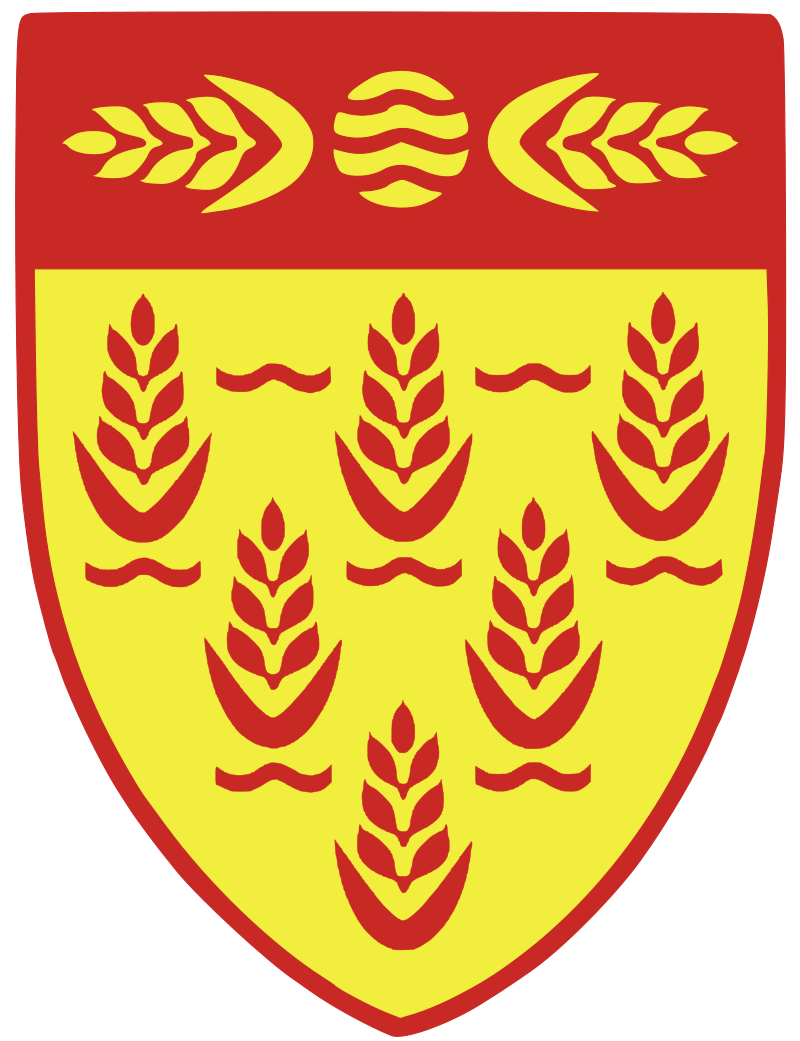
Kočani is more than a city – it is where many learned the meaning of love, belonging, and pride.
Located in the eastern part of the Republic of Macedonia, Kočani has a population of 24,632.
It lies in the fertile Kočani Plain, world-renowned for its rice production and geothermal waters.
The city sits at an altitude between 350 and 450 meters. Nearby, only 20 km away via asphalt road, is the popular winter tourist center Ponikva. Kočani is 120 km from Skopje, making it well connected to the rest of the country.
Kočani is ancient yet forever youthful in spirit. Beneath its soil lie traces of antiquity – from Roman baths to memories of uprisings and liberation struggles.
The first written mention of Kočani appears in 1377, in a charter by Despot Jovan Oliver, who granted the Church of St. Demetrius to the city. Based on this, Kočani must have existed long before 1337, as the church already owned land, including the village of Jastrebnica (today’s Jastrebnik). After Jovan Oliver, the region was ruled by Konstantin Dejanov, before later falling under Ottoman control.
Rice is not just a crop here – it is identity, pride, and heritage. The Kočani rice fields mirror the labor and devotion of generations. Every autumn, the golden fields and harvesters at work reflect a centuries-old tradition that continues to sustain and define the region.
Kočani is a city of festivals, literature, and celebrations:
Kočani’s sporting spirit thrives through multiple disciplines:
For Kočani’s youth, sport is not only competition, but also character, friendship, and community.
Kočani is the warmth of rice fields, the joy of folk songs, and the hospitality of its people.
For those far from home, Kočani and Macedonia remain a reminder of roots, love, and belonging that never fade.